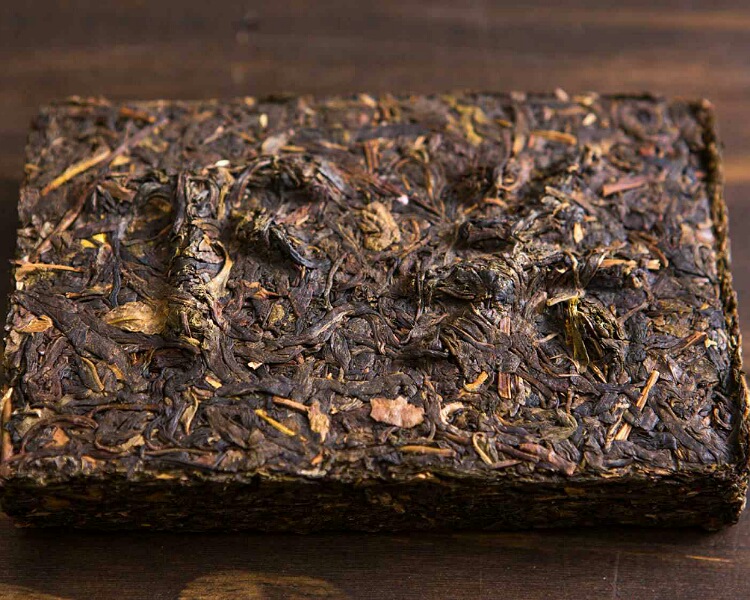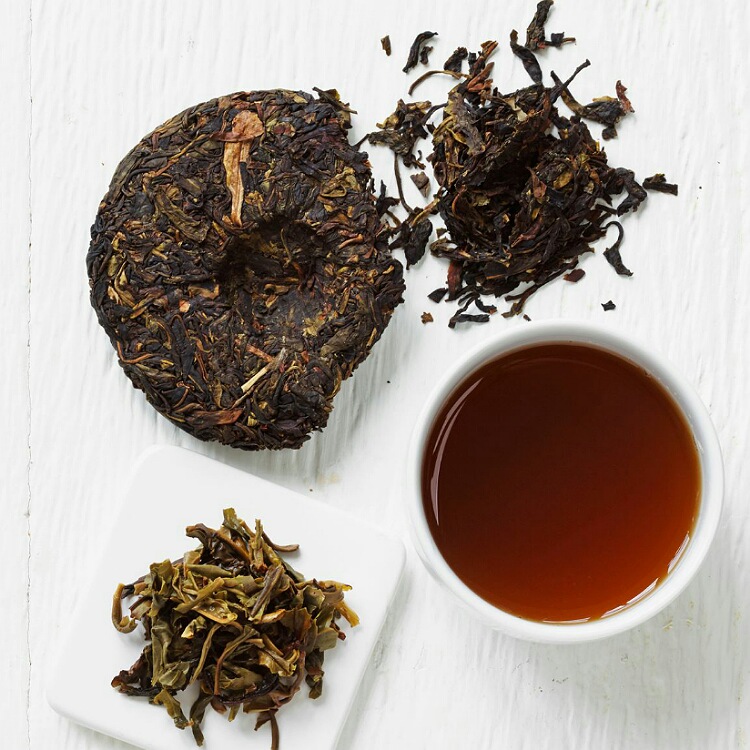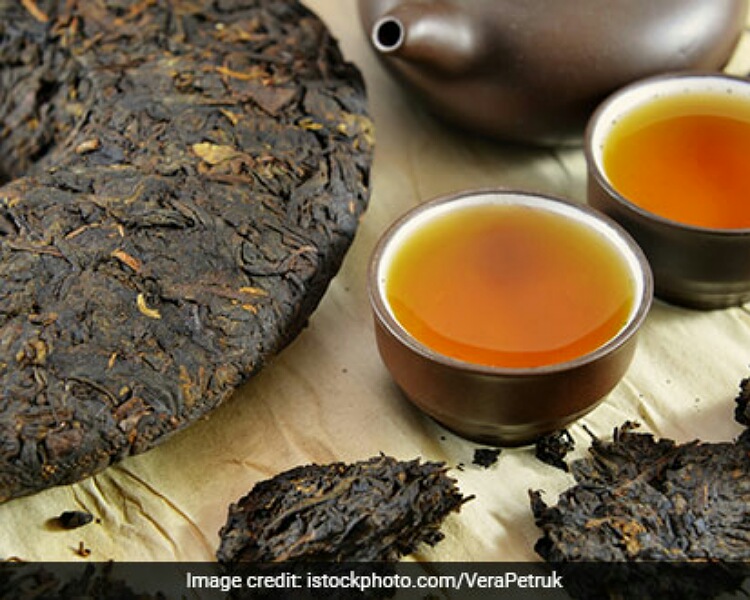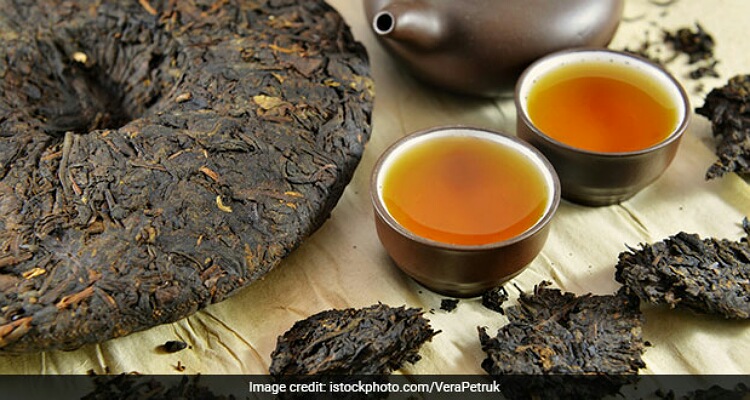Pu-erh tea or Pu’er tea is a type of tea made from the large tea type of Chinese tea. It is long-aged tea and traditional in the Southwest part of China.
It is a specialty of the Yunnan province of China. How is it produced? How beneficial is it for health?
Pu-erh tea or Pu’er tea
The origin of this tea is from the Yunnan province of China Mainland. It is a traditional type of Chinese tea that was created by people of the Southwest part of China.
It is a low-cost tea and is micro-fermented to the desired oxidation under controlled conditions. The old processing method is called the raw method.
It is a slow and long process. While the second new method is called the ripe method. Kunming Tea Factory developed this process in 1973 and, there is an accelerated process of ripening the tea leaves. The tea is either sold loose or pressed into various forms.

Pu-erh tea is partially fermented with unique microflora present in the tea. Therefore, tea made from this has a subtle mushroom-like taste. This is a type of dark tea but different from black tea which is fully oxidized.
These tea leaves are like wine and are aged. They get better with time. This adds depth to the flavor. Some are aged for decades. But most are aged three to five years.
Health benefits
Limited studies have shown that Pu’er tea can aid weight loss. In vitro studies on this tea showed that it decreases the number of fat cells and can increase the burning of body fat.
The fermentation process makes it healthy since beneficial bacteria for the gut are present in it. These have a positive impact on gut health, blood sugar control, and hence weight management.
A small-scale study on 36 people showed that it can improve body weight, body mass index, and abdominal fat measurements compared to that in the control group.

This tea lowers blood cholesterol levels. It increases the excretion of fat-bound bile acids in the feces. Additionally, it also prevents fat accumulation.
Both cause a lowering of cholesterol that has a beneficial effect on the blood vessels and the heart. But human studies are a must before one can support this claim of Pu-erh tea.
Lab studies have also shown that these tea extracts can kill cancer cells, particularly those of breast, colon, and oral cancer. It prevents and can also reverse non-alcoholic fatty liver disease.
But these were animal studies and one needs human studies before one can state that they are good for the liver.
Side-effects and brewing
This tea after brewing has 30 to 100 mg of caffeine per cup. The side effects are mainly due to this content.
It can cause a lack of concentration, anxiety, insomnia, tremors, dizziness, palpitations, loose motions, increased urination, and even dehydration. It can also lead to stomach upsets in some people.

Read more: What are functional beverages? A word of caution on them!
It is advisable to first add boiling water to the tea leaves in a cup just enough to cover them. Discard this water. Repeat this two times.
Later, add boiling water and immerse the leaves in it based on how concentrated you want the final tea to be. One can add milk and sugar. The cup of tea is ready for consumption.
